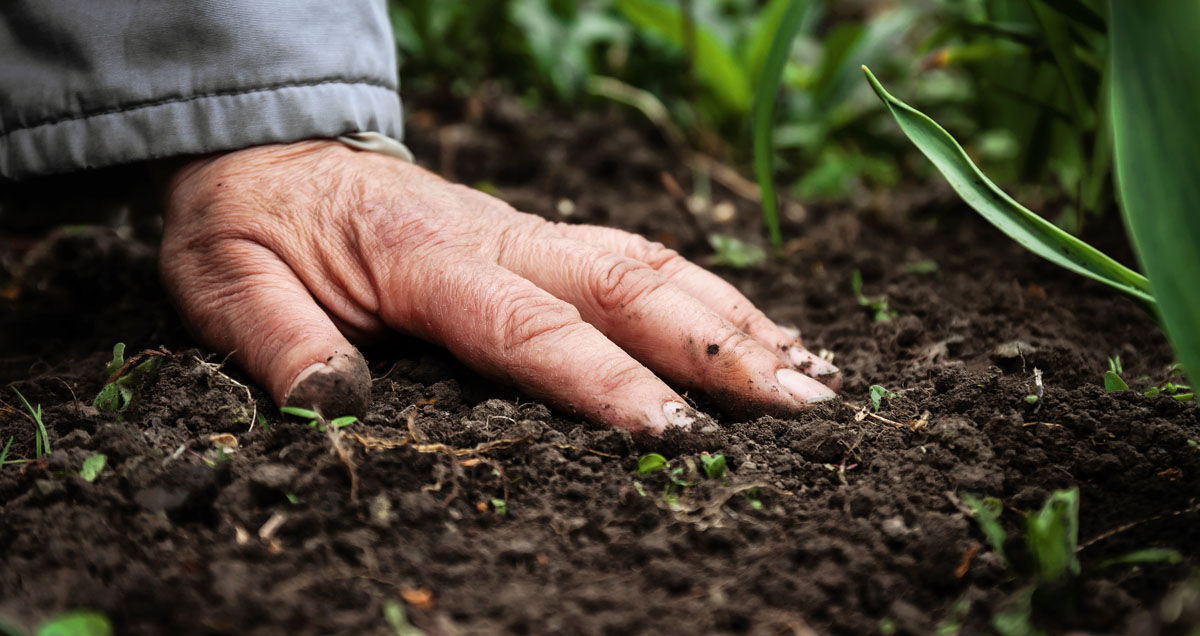
Wills For Farmers
Operating a farm business brings with it a range of issues and criteria when considering Will drafting and from our extensive experience in dealing with this area, we would offer the following tips.
Leaving the family farm to a child or other interested party
You may or may not be in a position that you have a child or other relative who has an
interest in farming or wishes to operate the farm with you or after your passing. If you are
fortunate that there is a younger member of the family or other relation that wishes to take on the enterprise after you, then the following are some of the points to consider.
Agricultural relief
The child or the other beneficiary who wishes to take on the farm will obtain the benefit of a generous tax relief known as agricultural relief whereby the value of your land, together with all livestock, farm buildings and machinery, will pass to the beneficiary at 10% of the market value at your date of death. To qualify for this relief the beneficiary must pass what is known as an “asset test” and an “activity test”.
On your death the beneficiary’s total farm assets must exceed 80% of their overall assets. So, for example, if a beneficiary has savings of €80,000 and inherits a farm of €500,000, they will meet the asset test as after your death they will have total assets of €580,000, of which €500,000 consists of agricultural assets, namely 86%.
The activity test constitutes two elements:
- The land must be farmed on a commercial basis for a period of six years from the date of death; and
- The beneficiary must hold an agricultural qualification or farm the agricultural property for at least 50% of his or her normal working hours.
If it is the case that you have located a beneficiary who wishes to take on the farm and meets the farmer test, then it is a natural decision to leave the farm to such a person.
Other options in dealing with the family farm
It may be the case, however, that a farmer has children, none of whom express a desire or
interest in farming. That does not mean that the farm should not be left to the children, but
each case can be looked at on its own merits. Even if they are not farming the land
themselves, the farm can be passed down in a tax efficient manner as long as the asset test
and the activity test is met. Arrangements can be made after death for these tests to be met.
So for example:
- There is a period between the date of death and what is known as the valuation date. During this period a beneficiary can make arrangements to re-arrange their assets so that they meet the asset test.
- The activity test can be met by the children leasing out the farm after death to a farmer who will farm the lands. The lease must be for a period of at least six years.
The activity test constitutes two elements:
- The land must be farmed on a commercial basis for a period of six years from the date of death; and
- The beneficiary must hold an agricultural qualification or farm the agricultural property for at least 50% of his or her normal working hours.
If it is the case that you have located a beneficiary who wishes to take on the farm and meets the farmer test, then it is a natural decision to leave the farm to such a person.
If leaving a farm to children is not an option, or not desirable, another option with respect to dealing with a family farm, is to make a provision in a Will that the farm will be sold on your death and the proceeds would be divided in whatever manner you wish in accordance with your preferences. It is always possible to have an arrangement in place whereby even if a farm is to be sold on your death that an option is given to your children to first purchase the farm and a window of opportunity can be given to children to buy the farm if they so wish and also they could use the farm as security for borrowing for the purposes of acquisition of the farm. However, if none of your children wish to buy the farm from your Estate, then the farm will be sold to a third party.
Even if your children do not have an interest in farming it is possible for your children to
inherit the family farm in a tax efficient manner by availing of business relief. Business relief is similar to agricultural relief in that the asset value is reduced to 10% of its value on
inheritance. So a farm worth €800,000 will be inherited at a value of €80,000. For your
children to qualify for business relief they must not qualify for agricultural relief and they
must farm the lands for six years after your death. They can appoint a manager to operate the
farm for them.
Other Points
It should be noted that agricultural entitlements will pass with the land and the beneficiary of your farm, if you leave it in your Will, will also have the benefit of single farm payments or other like entitlements.
Further it should be noted that if you have leased out your farm and then die, your farm will still be subject to the lease which will continue. Under the standard IFA lease agreement death does not terminate the lease.
You can make a provision in your will where an asset can be used to purchase agricultural property. As long as this occurs within two years of the date of death, the property purchased will qualify for agricultural relief.

For more general information, please check out our Frequently Asked Questions (FAQ). This will give you some further information which applies to all wills including this case.

